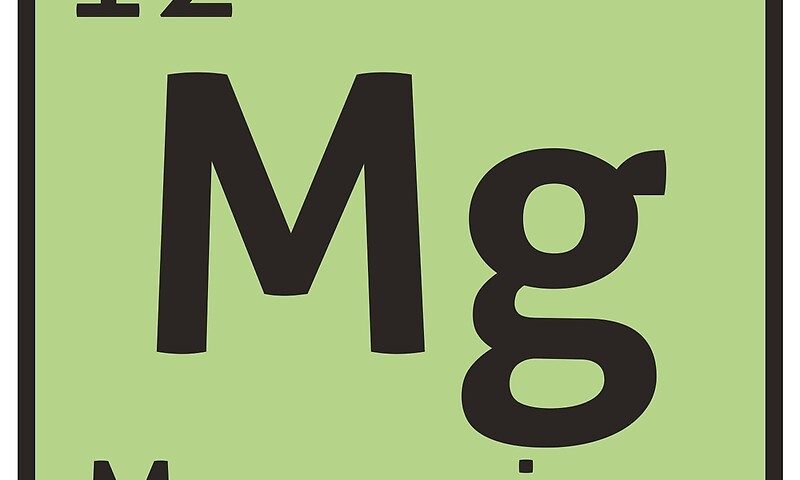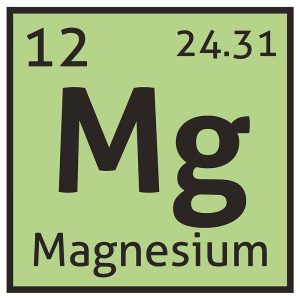
Introduction
Magnesium, a vital mineral for our overall health and well-being, plays a crucial role in numerous bodily functions. While most people are familiar with its importance for bone health, muscle function, and energy production, not everyone realizes that a simple blood test, such as the Magnesium RBC blood test, can offer valuable insights into our magnesium status. In this blog post, we will explore the significance of the Magnesium RBC blood test and how it can contribute to maintaining good health.What is the Magnesium RBC Blood Test?
The Magnesium RBC (Red Blood Cell) blood test is a specialized test that measures the levels of magnesium specifically bound to red blood cells. Unlike the more common serum magnesium test, which measures magnesium levels in the liquid part of the blood, the RBC test offers a more accurate and reliable assessment of the body’s magnesium status.Importance of Magnesium for Good Health
1. Muscle Function and Relaxation: Magnesium plays a vital role in muscle function, helping muscles contract and relax properly. Sufficient magnesium levels can reduce the risk of muscle cramps, spasms, and general muscle fatigue. 2. Heart Health: Maintaining optimal magnesium levels is crucial for heart health. Magnesium helps regulate heart rhythm, promotes blood vessel dilation, and supports healthy blood pressure levels, reducing the risk of cardiovascular issues. 3. Bone Health: Magnesium works in tandem with calcium and vitamin D to maintain strong and healthy bones. It aids in calcium absorption and deposition into the bones, preventing conditions like osteoporosis. 4. Energy Production: Magnesium is a co-factor in more than 300 enzyme systems involved in energy production. Adequate magnesium levels contribute to sustained energy levels, reducing feelings of fatigue and lethargy. 5. Stress Reduction and Mood Stabilization: Magnesium has a calming effect on the nervous system and plays a role in the production of neurotransmitters like serotonin. Sufficient magnesium levels may help alleviate stress, anxiety, and improve mood.The Importance of the Magnesium RBC Blood Test
1. Accurate Assessment: Unlike the standard serum magnesium test, which only provides a snapshot of magnesium levels, the Magnesium RBC test reflects the amount of magnesium stored inside red blood cells, offering a more accurate and comprehensive assessment of overall magnesium status. 2. Early Detection of Deficiency: Many individuals may have suboptimal magnesium levels without showing any overt symptoms. The RBC test can detect deficiencies early, enabling timely intervention and preventing potential health issues. 3. Monitoring Magnesium Therapy: For those supplementing with magnesium or undergoing magnesium-related treatments, the RBC test allows healthcare providers to monitor the effectiveness of the therapy and adjust dosages accordingly.Conclusion
The Magnesium RBC blood test is a valuable tool in assessing and maintaining good health. As magnesium plays a pivotal role in various bodily functions, knowing your magnesium status can be vital in preventing deficiencies and optimizing overall well-being. By ensuring adequate magnesium levels through a balanced diet, supplementation when necessary, and regular check-ups, you can pave the way to a healthier and more energetic life. Always consult with your healthcare provider to interpret the test results accurately and create a personalized plan for better magnesium management. Remember, knowledge is the first step towards a healthier you!#HealthOneLabs #DiscountBloodTests #LabTests

